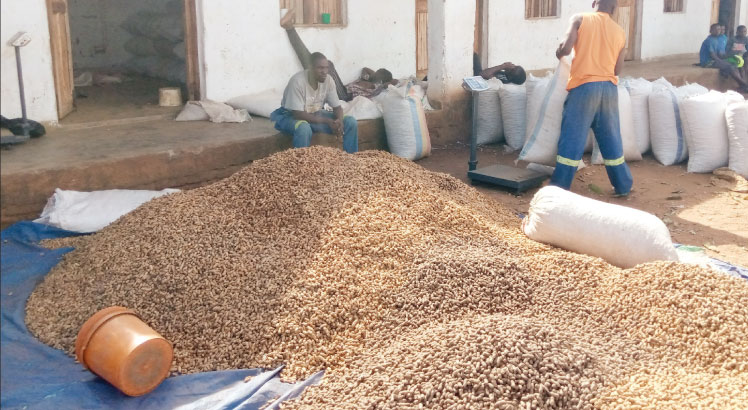Investors shun 365 days paper
For the past few auctions, subscriptions on TBs have been recorded on the 91-days and 182-days paper, according to auction results from the Reserve Bank of Malawi (RBM).
The last recorded average yield on the 365 days paper was 11.16 percent which is below the current inflation rate for March at 11.4 percent.
But portfolio and investment managers, Alliance Capital Limited, in their weekly review of money market operations have given the direction the TBs will take in the short to medium term.
“Given the anticipated resumption of donor, multilateral and bilateral forex inflows, it would appear that investors are no longer even remotely interested in locking funds long term,” reads part of the review.
The past week, average yields on the 91 day tenor went up to 7.38 percent from the previous week’s 7.25 percent, the data shows.
On the contrary, according to the figures, the 182 days tenor dropped to 8.25 percent from the previous week’s 8.45 percent.
In the week, the RBM has earmarked to raise K2.4 billion (about $14.3m) but subscription only amounted to K1.68 billion (about $10.0m).
But the authorities only allocated K1.24 billion (about $7.4m), contented that the previous auctions had obtained significant amounts surplus to the requirements.
The slow uptake in the long term tenors is also reflected in the RBM’s longest ever bond of K30 billion bond issued in December 2011.
In the previous fourth auction, investors only subscribed to the two-year treasury note and raised K620 million (about $3.7m) at an average yield of 14.13 percent.
The total amount of funds raised in three auctions is K11.5 billion (about $68.8m), representing a 38.7 percent subscription of the total amount, up from the third auction’s 36.6 percent.
According to the RBM, the two and three year notes offer coupons (interest) of 8 percent and 8.5 percent respectively, while coupon rates on the four and five, year notes are 9.5 percent and 10 percent.
Malawi has, for the past two years or so, been hit by a severe shortage of foreign exchange which has made it unable for the commercial banks to provide importers with requisite foreign exchange.





